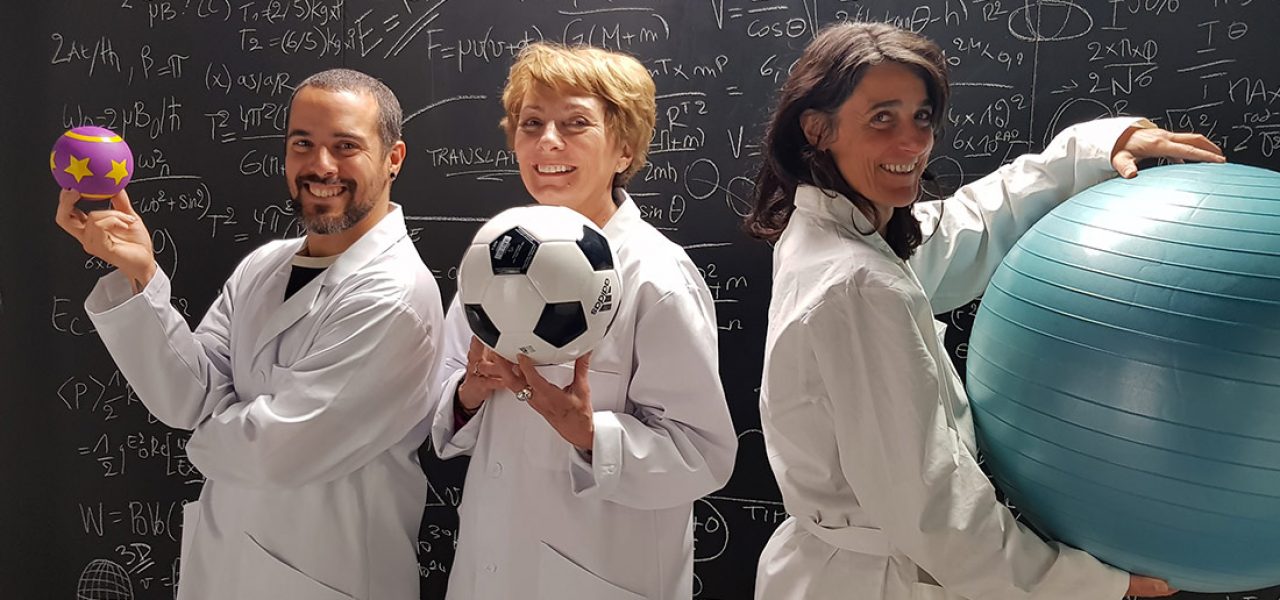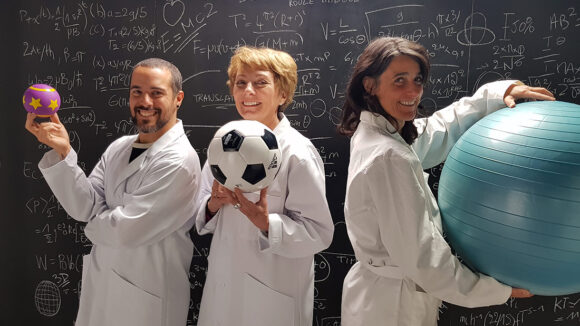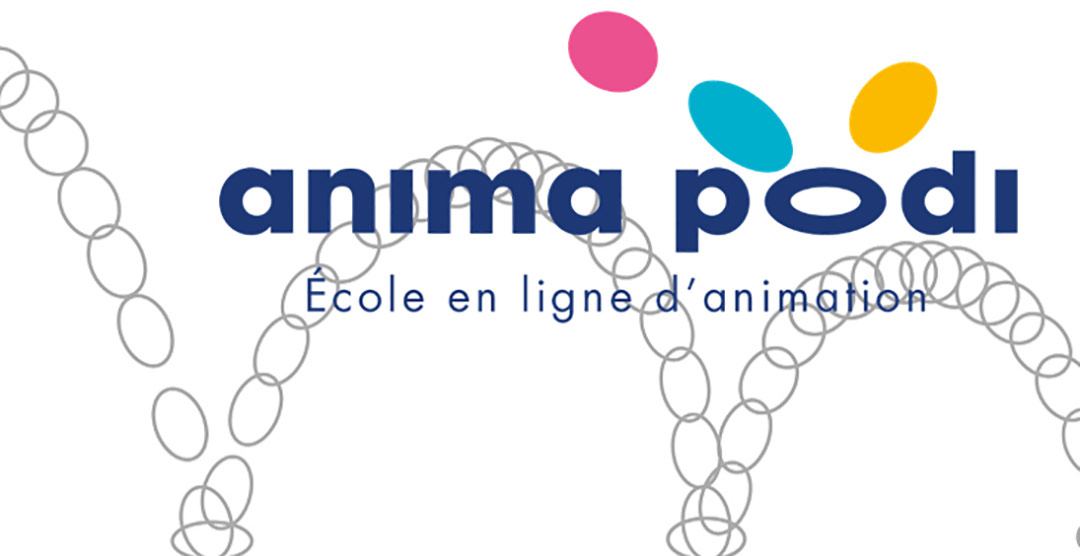

Famed French Animation School Gobelins Announces Free Online Animation Course
Gobelins, l’École de l’image, the Paris institution renowned for its department of animation, announced their new free massive open online course (MOOC) last month at the Annecy International Animated Film Festival.
Anima Podi, as the MOOC is dubbed, will be a six-week, computer animation training program that begins on October 17. Odile Perrin, project manager for the program, explained during a press event at Annecy that the course is meant to operate the same as a traditional class that requires physical attendance in that it should be completed within the six-week period; after the course ends on November 29, the materials and content will no longer be available.
The MOOC is aimed at first-time or self-taught animators. The first week of the course will be dedicated to introductory preparation, while each subsequent week will focus on a new animation exercise. Samy Fecih, one of three Gobelins teachers associated with the course along with Perrin and Giusi Marrone, said the syllabus won’t skimp on the fundamentals.
“I know that every time I say ‘bouncing ball’ to a student, they are like, ‘Oh please, no. No bouncing ball, please,’” Fecih said, in reference to the popular assignment for beginning animation students. “The problem is, a lot of people don’t understand that you have to wait, be patient, and do things that might seem boring, but are super important. I’ve been working in the industry for 12 years, and most places where I go, I see a lot of people who don’t know the basics.”
Anima Podi will also dedicate a significant amount of time to animation history, according to Fecih, and delve into styles and traditions from around the world “so that people understand what is animation beyond Disney.” However, Fecih also acknowledged the importance of Disney’s role within animation history, and said he is alarmed by how many animators he meets have never heard of the Nine Old Men. He plans to rectify this with Anima Podi’s curriculum. “I find [animation history] important, the same way that I don’t understand how you can be [a] musician without knowing who Michael Jackson [and] Mozart [are],” he stressed.
The software that students will be using to complete each exercise is Rumba, which was developed by Mercenaries Engineering in collaboration with French studio TeamTO and French public research body Inria. Rumba is intended to be relatively lightweight 3d animation software with an intuitive interface that’s especially accommodating for those new to animation.
“The purpose of this software is to make [animators] happier than they are now,” Cyril Corvazier, co-founder of Mercenaries Engineering, said at Annecy. “Animation is not real-time, for the moment, [but] Rumba will be real-time all the time. So you can work with very complex professional puppets, and you will have 24 frames per second all the time when you play your animation, which is what every animator should have, we think.”

As the MOOC is free, it relies on a highly collaborative system based on teamwork and self-evaluation. Presumably, the teachers won’t personally be able to assess each student’s work, so for some of the exercises, students may be expected to evaluate the works of five to ten of their classmates, depending on how many participants enroll in the course.
According to Perrin, the course should only require about two hours of work per week, although students are encouraged to do their own research into materials recommended by the teachers, especially as the program could serve as an excellent foundation for those hoping to eventually attend an animation degree program.
The class is able to be offered for free thanks to funding from French entertainment corporation Pathé, as well as from France’s CNC (Centre national du cinéma et de l’image animée). Perrin says that Anima Podi may also sell some of its curriculum to private companies who want to train their own employees. If, at the end of the course, students want a physical certificate to acknowledge completion, they will have to pay around 40 to 60 euros, Perrin estimates.
Of course, as with any free thing that sounds a little too good to be true, there is a slight catch—for now, the course will only be offered in French. Fecih said they hope to be able to do an English version of the course in the future, but if you want to take advantage of this upcoming MOOC, it’s best to start practicing your French now.
Visit the Anima Podi MOOC website for more information and registration details (in French).
